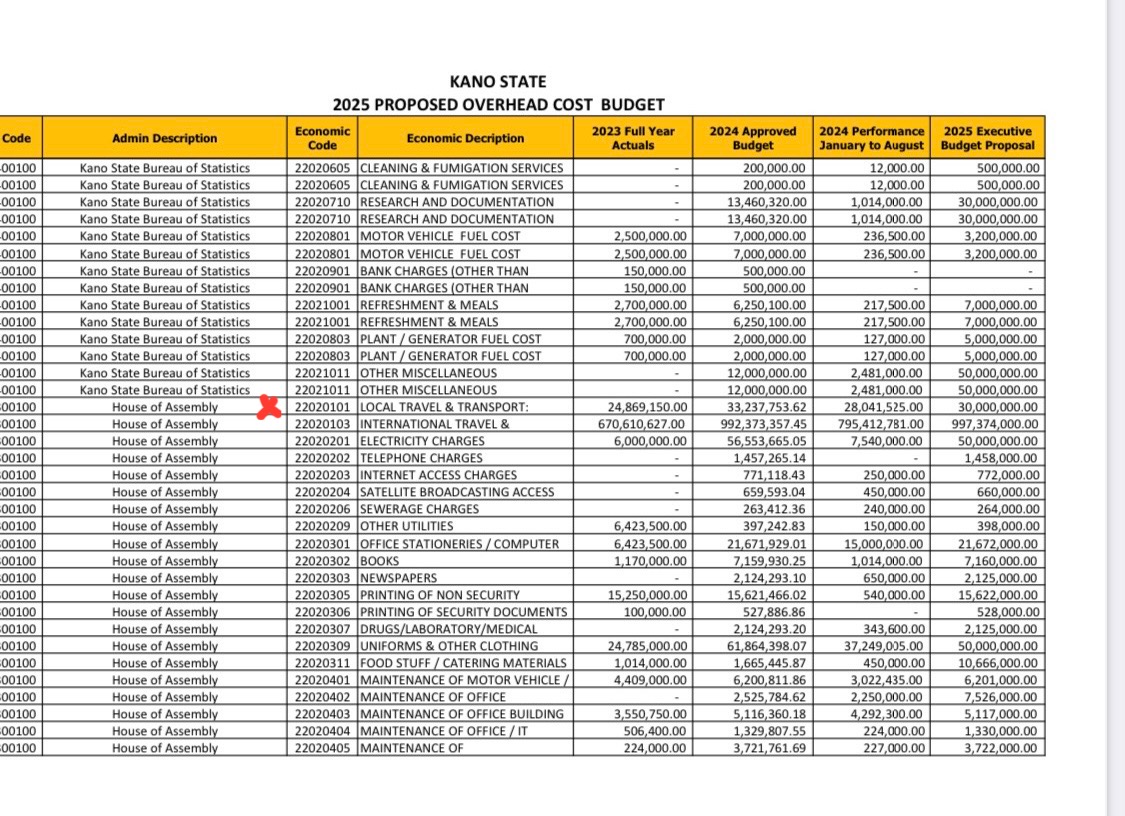Responding to Governor Mohammed’s threat, Dare said his statement does not reflect the constructive dialogue needed between state and the federal government.
The Presidency has fired back at Governor Bala Mohammed of Bauchi State for threatening President Bola Tinubu’s administration over the government’s insistence on the passage and implementation of the controversial tax reform policy.
The Presidency in a statement issued on Monday by the Special Adviser to President Tinubu on Media and Public Communication, Sunday Dare, said it is surprising that despite having received N144 billion federal allocation under Tinubu’s administration, Bauchi State is still grappling with high poverty rates under Governor Mohammed, yet, he is threatening Tinubu’s government.
The Bauchi governor last Thursday described President Tinubu’s tax policies as anti-northern Nigerian and threatened that the region would show Tinubu government its true colours.
He said the Tax Reforms Bills are aimed at favouring just a section of the country and shortchanging northern Nigeria, threatening that “we would show our true colour, we will fight for it.”
Responding to Governor Mohammed’s threat, Dare said his statement does not reflect the constructive dialogue needed between state and the federal government.
Dare said, “The recent inflammatory rhetoric of Governor Bala Mohammed regarding the Tax Reform Act and direct threats toward the Federal Government are unbecoming of his office as a state governor.
“His statement: ‘We will show President Tinubu our true color’ is particularly concerning and does not reflect the constructive dialogue needed between state and FG.
“It bears noting that Bauchi State has received N144 billion (State and LGA) in federal allocations under the current administration - a significant increase from previous disbursements.
“Yet his state continues to grapple with serious developmental challenges and high poverty rates.”
Dare said, “Rather than issuing threats, his energy might be better directed toward implementing effective poverty alleviation programs and ensuring transparent utilization of these federal resources.
“This unfortunate statement does not represent the collective voice of Northern Nigeria. The North, like other regions, seeks collaborative governance and constructive engagement with the Federal Government to address our nation's challenges.
“As a state governor, he is called to exemplify statesmanship and work toward national cohesion. I urge him to retract these confrontational remarks and redirect his focus toward productive dialogue with the FG regarding any concerns about the Tax Reform Act.
“The Tax Reform Act and increased federal allocations offer significant benefits to the States.”
Dare, who listed federal allocation benefits said, “The N144 billion allocation represents one of the highest increases in federal disbursements to states, providing Bauchi with unprecedented fiscal resources.
“This includes the recent N2 billion special intervention fund given to each state for food security.
“The removal of fuel subsidy compensation payments have boosted state revenues. Special consideration for derivation funds protecting northern states' interests.”
According to him, Tax Reform benefits include, “Streamlining of multiple taxation systems that currently burden small businesses in Bauchi. Enhanced revenue collection efficiency through digitalization.
“Protection of informal sector workers who form the backbone of Bauchi's economy. Special provisions for agricultural businesses, which is crucial for Bauchi's farming communities.”
While development opportunities, according to Dare include, “The reforms create frameworks for attracting investments through tax incentives, and Capacity building for state revenue services.”
Dare added, “These initiatives demonstrate the federal government's commitment to supporting state development.
“Rather than antagonizing these efforts, he could leverage these resources by: Implementing transparent fiscal management systems; developing state-specific tax incentives to attract investments, and investing in agricultural value chains.”
.png)
.png) 3 days ago
105
3 days ago
105






 English (US) ·
English (US) ·